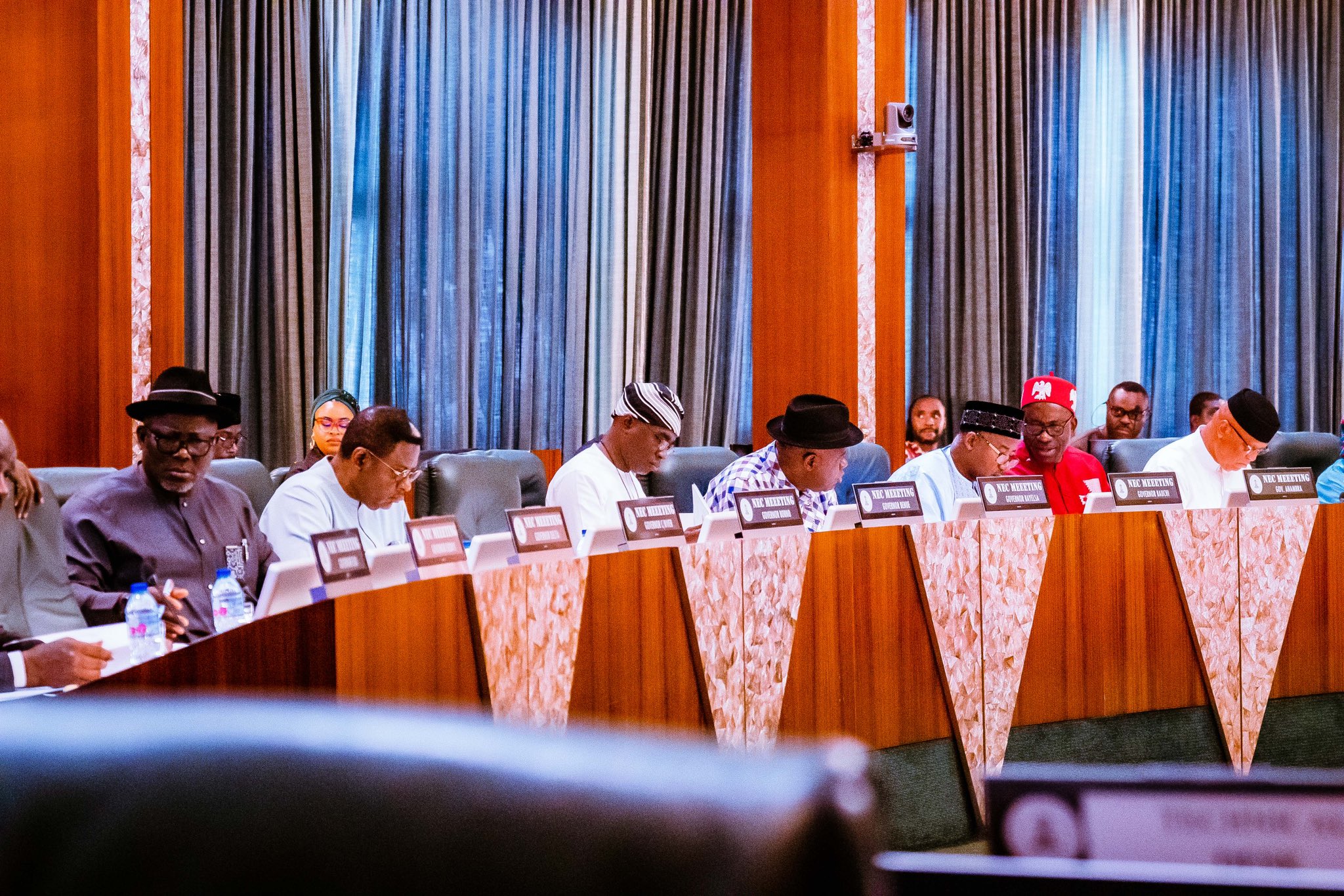National Economic Council (NEC) agreed to send cash transfers to poor families over subsidy removal.
NEC, comprising of 36 state governors and Vice President Kashim Shettima, formulated a plan for state governments to implement programs using state-generated social registers.
The aim is to provide targeted assistance to vulnerable Nigerians and address the hardships caused by the removal of the fuel subsidy.
The decision to utilize state-generated social registers stems from concerns about the integrity of the existing National Social Register, which was created by the federal government and has captured over 61 million eligible beneficiaries as of 2023.
The state governors believe that utilizing their own social registers will better reflect the actual number of vulnerable individuals in each state, ensuring that resources reach the intended beneficiaries more effectively.
Governor Dapo Abiodun of Ogun State highlighted the significance of this approach in enhancing the integrity and reliability of the social register, stating that each state is better positioned to conduct an accurate enumeration of vulnerable citizens.
Furthermore, the NEC proposed the implementation of a six-month cash award policy for all public servants, enabling sub-national entities to provide monthly cash incentives to civil servants.
The policy aims to provide immediate relief while sustainable measures are being put in place to address economic challenges. The funds disbursed under the cash award policy will be tax-exempt.
Governor Charles Soludo of Anambra State justified the need for state-generated social registers, raising concerns about the credibility of the existing National Social Register compiled in Abuja.
He emphasized the importance of stress testing to ensure a reliable register, with each state using its format and mechanisms to generate a comprehensive list of vulnerable individuals.
As each state's financial capacity varies, the amount doled out under the cash transfer program will differ accordingly. States with outstanding salaries and allowances to pay must prioritize clearing backlogs before implementing cash transfers.
The NEC also proposed medium and long-term strategies, including negotiating a new minimum wage, to address economic challenges in the country effectively.
The decision by state governors to adopt state-generated social registers represents a significant step towards providing targeted assistance to those in need and ensuring the efficient allocation of resources.
The implementation of cash transfer programs and the six-month cash award policy aims to alleviate immediate hardships while the government continues to work on sustainable solutions to support Nigerians in the long run.




















